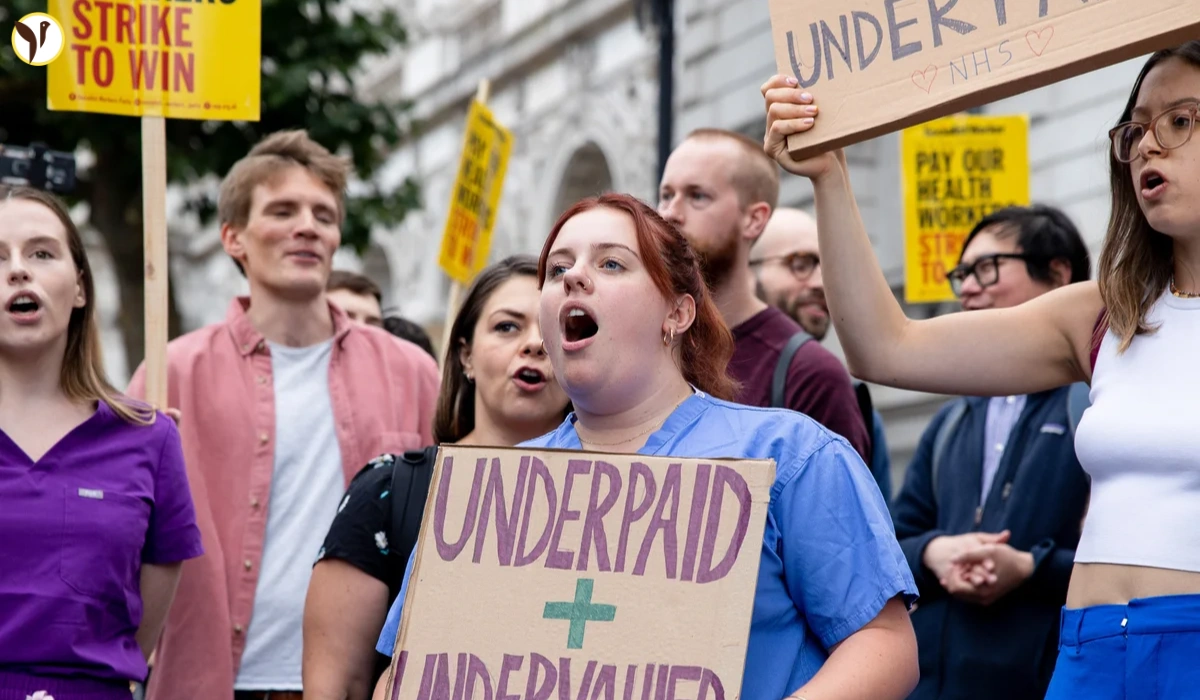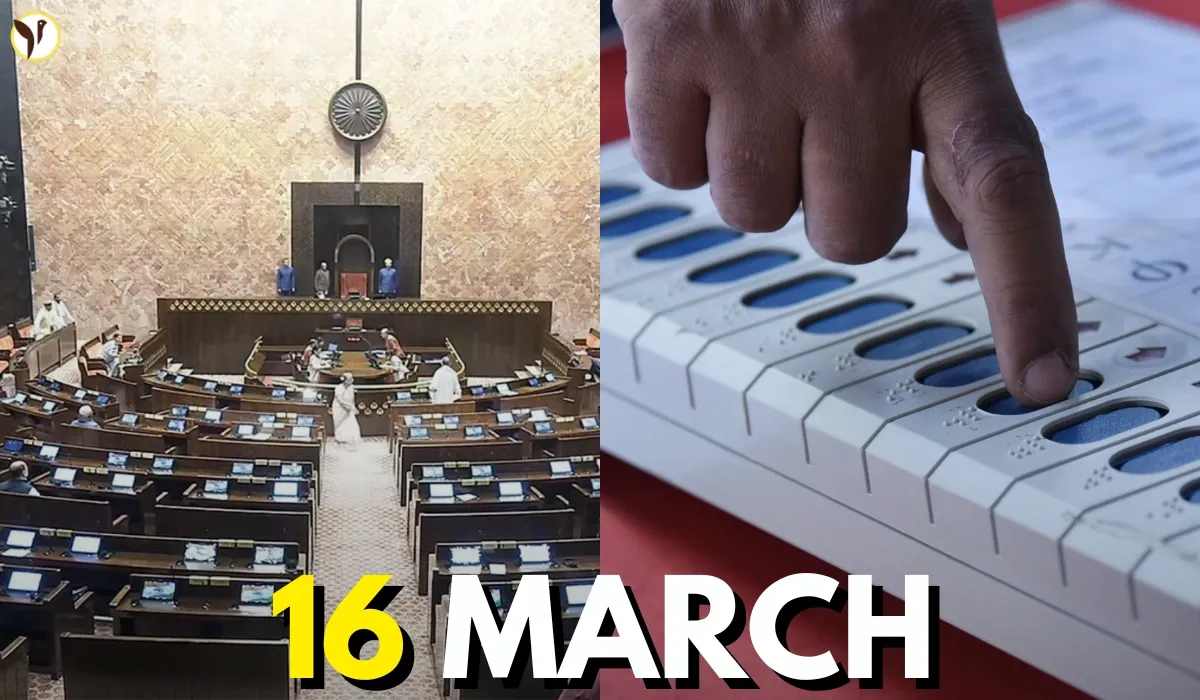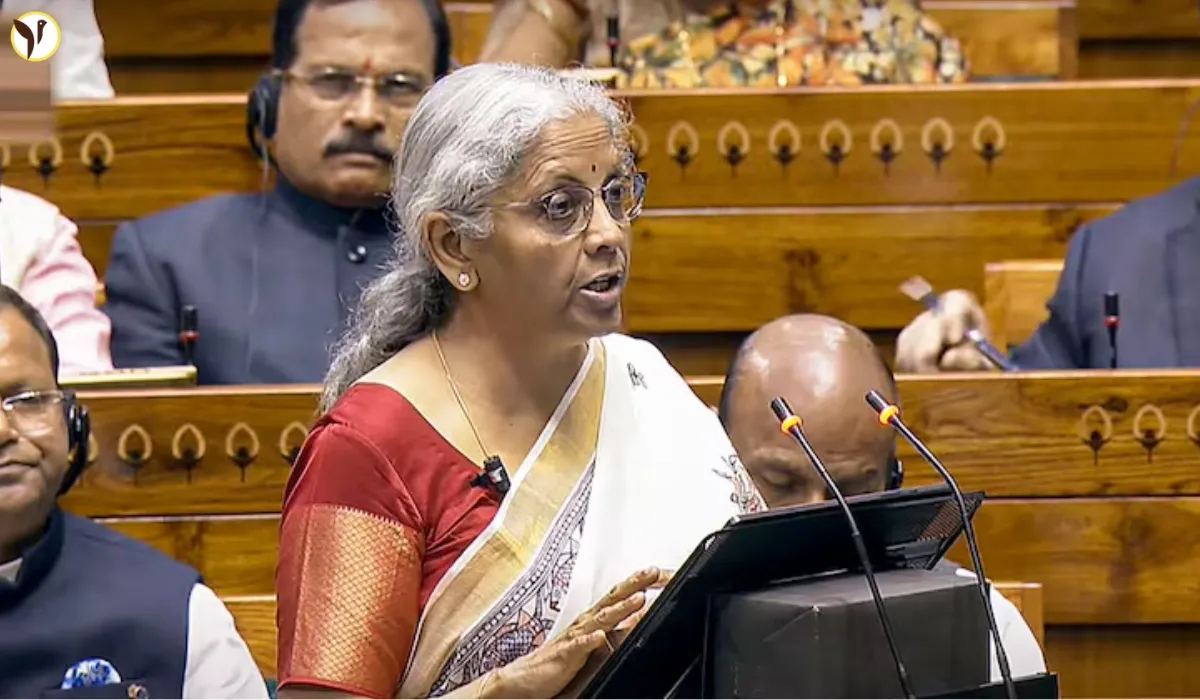Nurses Ready to Strike Over "Insulting" Pay Offer
The air is thick with tension in the NHS. A 3.6% pay rise, announced last Thursday for nurses and other Agenda for Change staff in England, has been met with a firestorm of outrage. Let me tell you, I've been following this story closely, and the anger is palpable.
A "Kick in the Face"
Holly Turner, a learning disability nurse and founder of the campaign group NHS Workers Say No, called the offer "insulting," even a "kick in the face." She's not alone. The Royal College of Nursing (RCN), along with other major unions like Unison and Unite, are gearing up for a ballot on whether to reject the deal. A 'no' vote could trigger a further ballot for strike action – a prospect that's becoming increasingly likely.
Honestly, hearing nurses describe their feelings – the exhaustion, the frustration of seeing their already meager wages fail to keep pace with the cost of living crisis – it's heartbreaking. Turner points out that other public sector workers have received better deals, leaving NHS staff feeling undervalued and forgotten.
The Numbers Don't Lie
The 3.6% increase, while presented as a pay rise, barely keeps up with inflation. For many nurses, especially those juggling mortgages and rising household bills, it's simply not enough. This isn't just about the money; it's about respect. And it's about the future of the NHS. How can we expect to attract and retain skilled nurses when they're consistently underpaid?
- Scotland has offered a significantly more generous 8% increase.
- Wales mirrored the 3.6% offer from England.
- Northern Ireland has accepted the pay review body recommendations, but funding remains uncertain.
The inconsistency across the UK just adds fuel to the fire. It underlines the inconsistent valuing of NHS staff.
Union Response and Next Steps
Unions are understandably furious. The RCN's chief described the situation as "symptomatic of a broken system," echoing similar concerns voiced across the healthcare sector. The anger is justified. This isn't simply about a pay rise, but a systemic issue regarding staff morale, job satisfaction and the very future of our NHS.
Consultative ballots are opening soon, and the outcome will determine if we see widespread strike action. The situation is extremely tense, with both sides entrenched. Will the government budge, or will nurses walk out – potentially causing major disruption to patient care?
Beyond Nurses: The Bigger Picture
Interestingly, teachers are also facing significant pay erosion. New analysis reveals that teachers' pay has fallen much more sharply than other professions since 2010. This isn't just an NHS problem; it’s a wider issue of public sector underfunding and the erosion of the value of public sector work.
What Happens Next?
This isn't just a story about numbers; it's about people. Dedicated professionals who are pouring their hearts and souls into caring for others while struggling to make ends meet. The coming weeks will be critical. The results of the union ballots will decide whether we see strikes. The government needs to take this seriously, address the widespread dissatisfaction and find a way to show healthcare workers that their contributions are valued. Stay tuned for updates.









